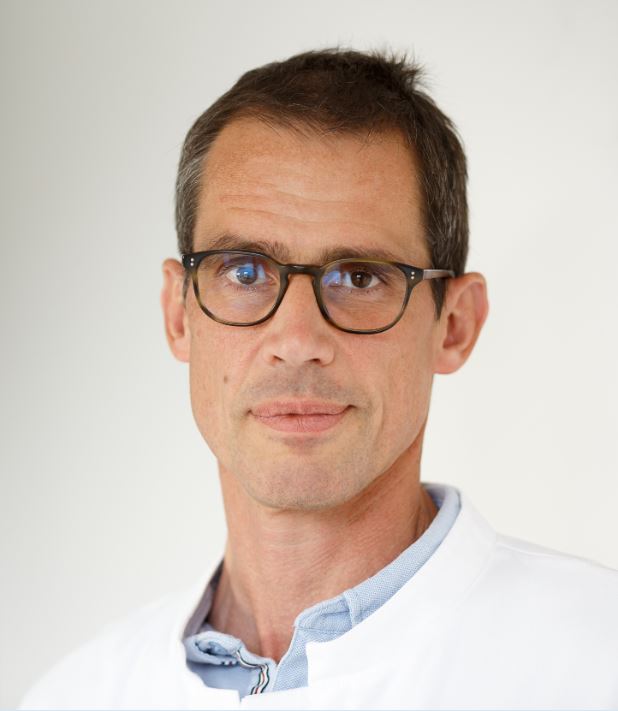Hier finden Sie detaillierte Profile der DKTK Faculty-Mitglieder mit Programmschwerpunkten und Forschungsfokus in der Forscherdatenbank. Kontakte aller DKTK Wissenschaftler:innen finden Sie im DKTK Intranet.
Forscherdatenbank

Prof. Dr. Dirk Jäger
Im Neuenheimer Feld 460
69120 Heidelberg
Programm
Cancer Immunotherapy (CI)
Übersicht
To contribute to the long-term goal of life without cancer our group specializes in unleashing the full potential of the patient’s immune system in order to seek and destroy tumor cells. Due to the mutated nature of cancer cells and the resulting expression of neoantigens, these cells can potentially be detected by the immune system. However, as tumor cells also present and secrete signals that create a microenvironment that partially inhibits T cells from infiltrating and recognizing tumors, our approaches aim to eliminate this hindrance with the help of checkpoint inhibition by antibodies and other molecules. As tumor immune evasion is a complex process, we are exploring and exploiting the benefits of combinatorial immunotherapy, where each component can positively influence overall efficacy and lead to clinical responses in otherwise non-responders.
In chemotherapy refractory metastatic colorectal cancer we could show that CCR5 inhibition has significant immune-beneficial effects on the tumor microenvironment that lead to response of single metastatic lesions (Halama et al., Cancer Cell 2016). As part of several prospective clinical studies, we are currently testing strategies with CCR5 inhibition in combination with checkpoint inhibition (anti-PD-1 antibody + anti-CTLA-4 antibody + CCR5 inhibition) in metastatic colorectal cancer and pancreatic cancer.
We employ and develop advanced analytical methods to characterize tumor host interactions, including whole-slide imaging coupled with automatic image processing, laser microdissection, and multiplex proteomics technologies and develop drugs against novel immunological targets. Further, to determine the prognostic and predictive value of blood based biomarkers we established a platform for multiplex analysis of serum antibodies against tumor-associated antigens (Zörnig et al., Int J Cancer 2015). Importantly, we also established a human tumor explant model in our lab, allowing safe testing of novel drugs and drug combinations (Halama et al., Cancer Cell 2016).
We are building on these promising technologies and findings and have initiated several prospective clinical trials. As our department, the Medical Oncology Department, is the main unit for cancer patient care at the NCT, the transition between pre-clinical and clinical research is efficient and is a major contributor to realizing precision oncology.